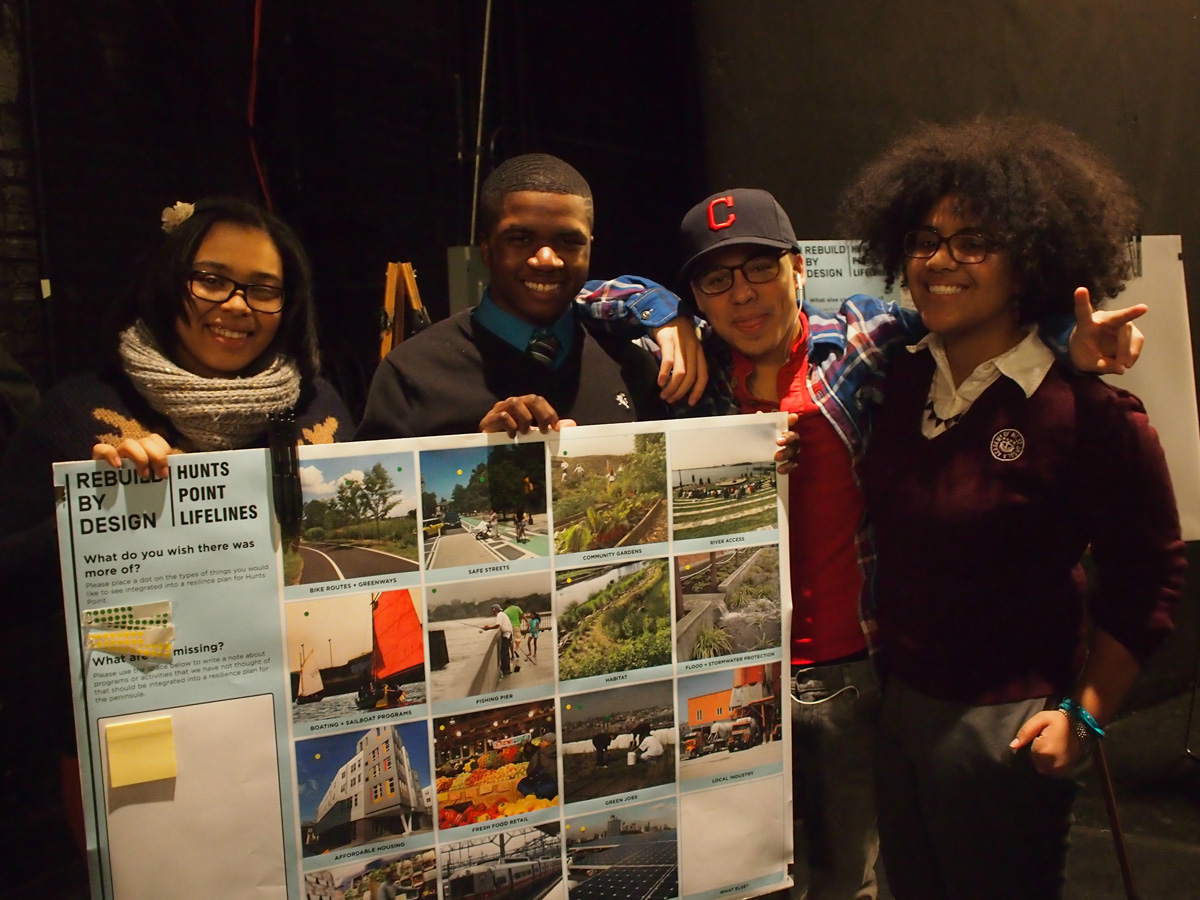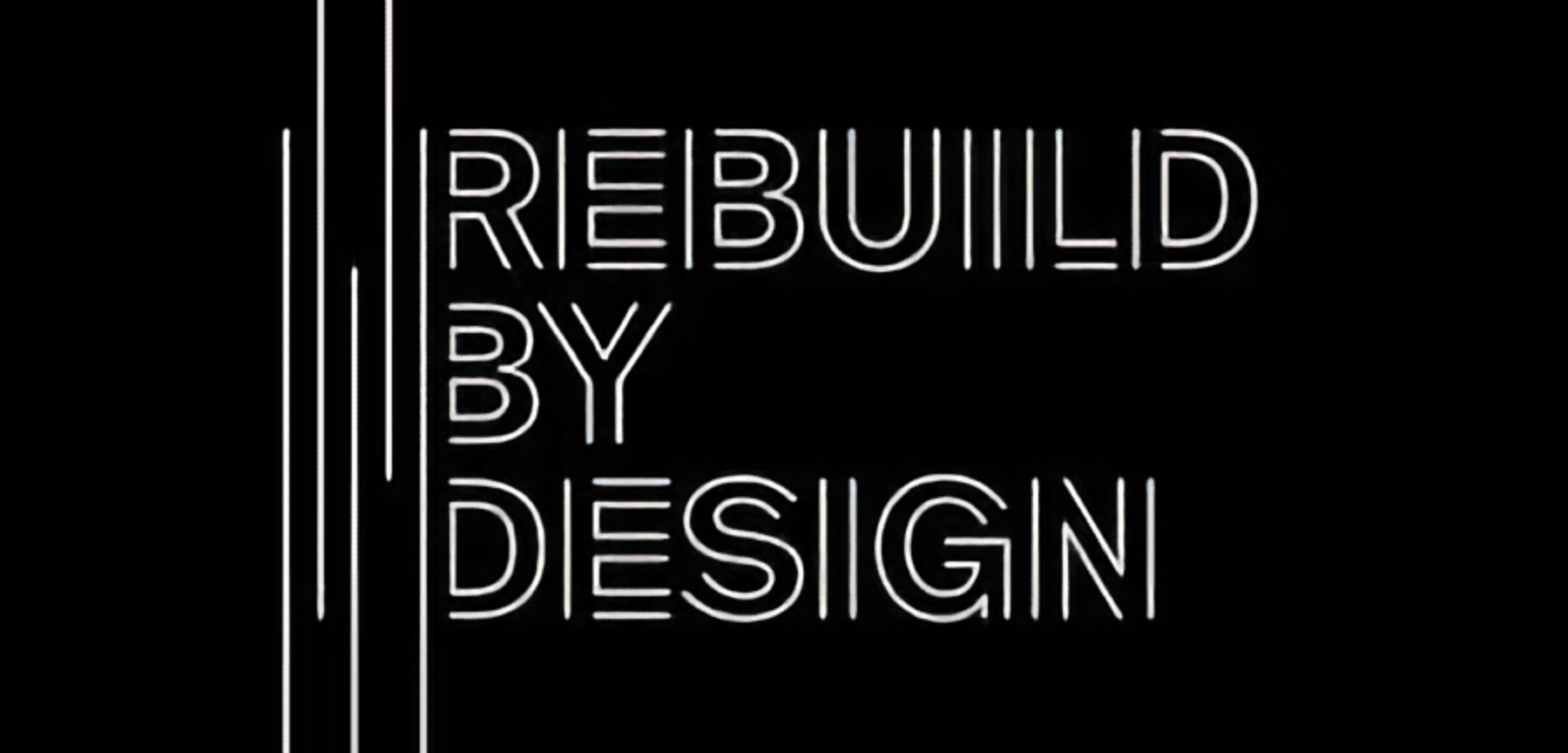Rebuild By Design
Details the process of the Rebuild by Design Hurricane Sandy Design Competition and chronicles the teams, research, and details behind each of the comprehensive adaptation projects that resulted from the

Since the Hurricane Sandy competition, Rebuild by Design, and the processes that were inspired by that work including, the National Disaster Resilience Competition, the Bay Area Resilient by Design Challenge, Water is Leverage, and others, have sparked interest in communities, governments academics, and researchers. To help researchers understand more about our work, and to continue to contribute to a growing portfolio of writings about the work, we have launched this library as a resource for all who are interested.
We would like to thank the University of Groningen for their partnership in locating and cataloging the articles and books that have examined our work. If you know of a resource that is not listed here, please let us know by sending an email to info@rebuildbydesign.org
If you are looking for the Hurricane Sandy Competition archives, please visit the New York Historical Society here.
Details the process of the Rebuild by Design Hurricane Sandy Design Competition and chronicles the teams, research, and details behind each of the comprehensive adaptation projects that resulted from the
Bloomberg: New York City was hit with an estimated $19 billion in damages and lost economic activity after Hurricane Sandy struck in 2012. The historic storm displaced thousands of residents from flooded
Planet Citizen: Writing in Bloomberg CityLab, Patrick Sisson reports on efforts to protect Battery Park City from catastrophic flooding like the kind that devastated parts of New York during Hurricane Sandy. As
Tap: New Jersey’s recently signed $50.6 billion fiscal budget includes $100 million for the state Department of Environment Protection’s ongoing flood mitigation project along the Hudson River, funding that Hoboken says will
Reflects on key outcomes and lessons learned from the Rebuild by Design-inspired process Water as Leverage in the Netherlands.
Discusses the transformative capacity of Rebuild by Design in the wake of Hurricane Sandy.
Rebuild by Design would like to hear from you. To learn more about when and where public programs and events are happening, you can sign up for our newsletter & follow this site with RSS.

![]() Follow Us on Twitter
@rebuildbydesign
Follow Us on Twitter
@rebuildbydesign
![]() Subscribe to Rebuild on
YouTube
Subscribe to Rebuild on
YouTube
For General Inquiries: info@rebuildbydesign.org
For Press & Media Inquiries: media@rebuildbydesign.org
For Job Inquiries: See Careers
© Rebuild by Design